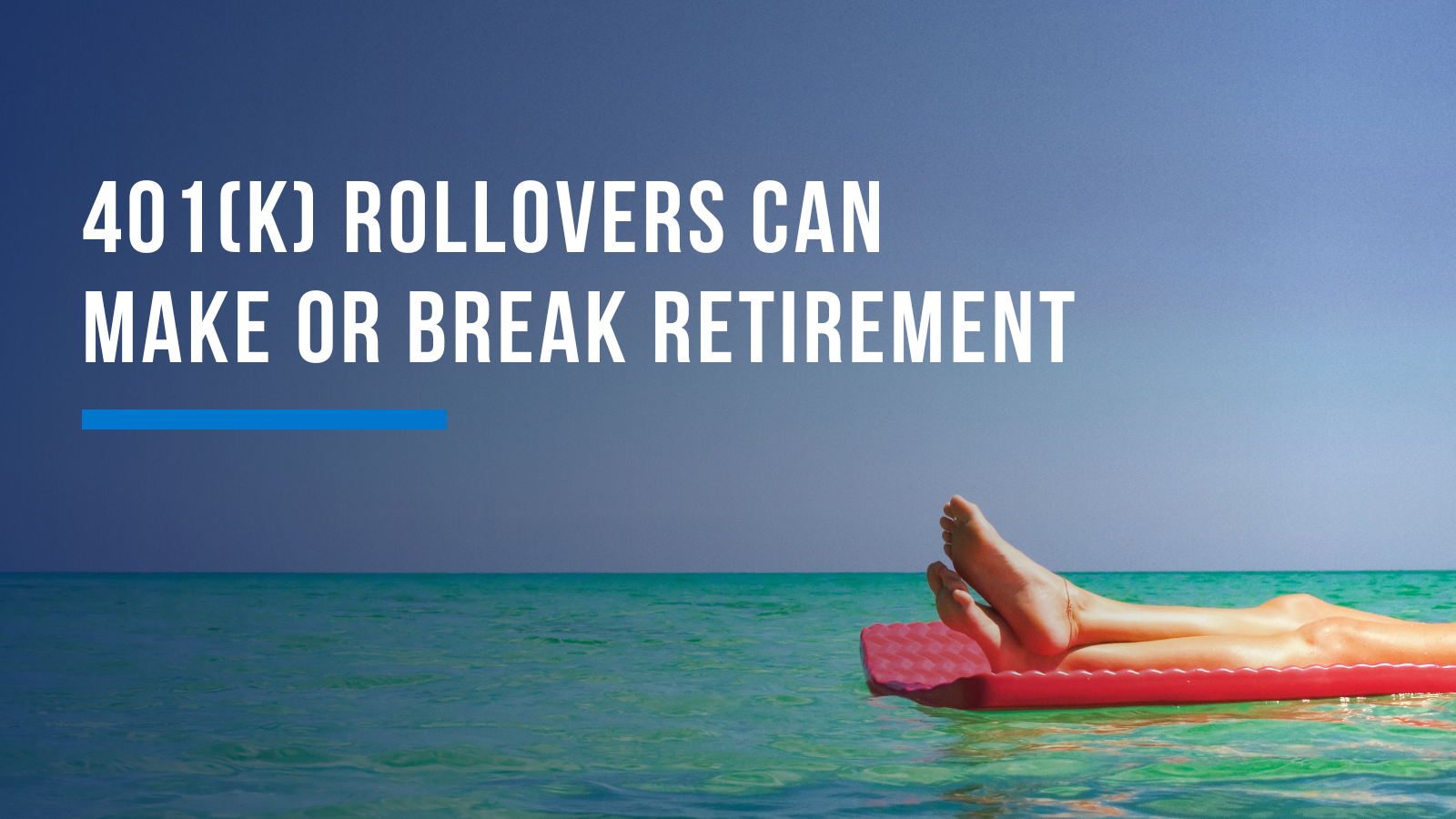401(k) Rollovers Can Make or Break Retirement
Submitted by Neville Associates on June 23rd, 2023
Making informed decisions about retirement is crucial to financial independence
In an era characterized by high job turnover, it is more important than ever for employees to carefully manage their retirement savings. With a significant portion of Americans withdrawing money from their 401(k)s when they change employers, understanding the value of 401(k) rollovers is essential to preserving a confident financial future.
The Startling Reality
According to a recent study by the UBC Sauder School of Business, a concerning 41.4% of U.S. workers choose to withdraw money from their 401(k)s upon leaving their jobs. Even more alarmingly, 85% of these individuals cash out their entire account balance.
This decision can lead to significant consequences, such as tax penalties, reduced retirement savings, and a lack of financial independence in the long run.
The Importance of 401(k) Rollovers
In the face of high job turnover, employees must consider the long-term implications of their actions on their retirement savings. A 401(k) rollover is an invaluable tool for maintaining retirement savings when switching employers. This process involves transferring the funds from the old 401(k) account into a new employer-sponsored plan or an individual retirement account (IRA). By opting for a 401(k) rollover, individuals can avoid taxes and penalties associated with early withdrawals and ensure their retirement savings continue to grow tax-deferred.
The Consequences of Cashing Out
Cashing out a 401(k) can lead to a variety of financial setbacks:
Tax Penalties: Early withdrawals from a 401(k) account, typically before the age of 59 and a half, are subject to a 10% penalty on the amount withdrawn. Additionally, the withdrawn amount is taxed as ordinary income, which can further erode the value of the savings.
Lost Growth Potential: By cashing out a 401(k), individuals lose the opportunity to grow their savings through compounded interest. Over time, this can result in a significant reduction in the total amount saved for retirement.
Reduced Retirement Security: Cashing out a 401(k) can leave individuals with inadequate savings for their retirement years, increasing the risk of financial insecurity in the future.
How to “Rollover” a 401(k)
Employees looking to preserve their retirement savings when changing jobs should take the following steps:
Research Options: Review the new employer's 401(k) plan and consider alternative options, such as rolling the funds into an IRA. Each option has unique features, fees, and investment choices that should be carefully evaluated.
Coordinate with Financial Institutions: To initiate a rollover, employees must communicate with their previous employer's plan administrator and the new plan or IRA provider.
Maintain Records: Keep a detailed record of the rollover transaction, including the transfer date, the amount rolled over, and the receiving institution. This information will be crucial for tax purposes.
Making informed decisions about retirement savings is crucial to pursuing long-term financial independence. By choosing a 401(k) rollover instead of cashing out, employees can avoid tax penalties and continue growing their retirement savings, positioning themselves for a confident retirement.

